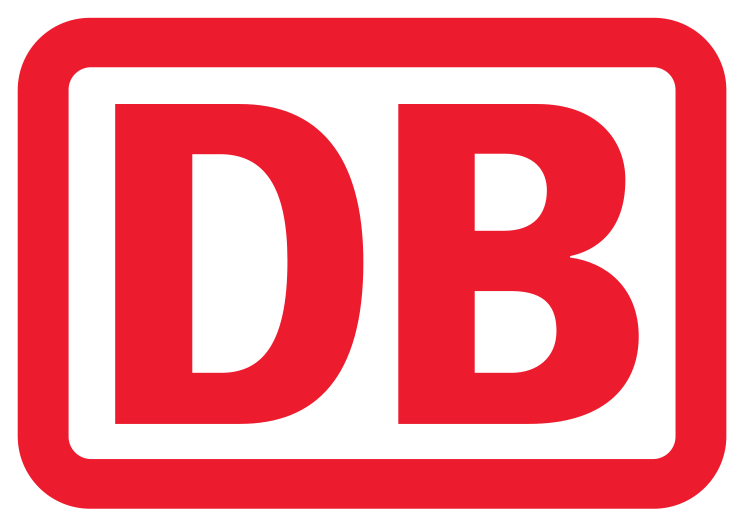Book 2 hours of individual coaching with your trainer.More info
Change competence for managers - now!
The pragmatic survival guide for perma-change

Part 1:
The current time quality at a glance
- A world in chaos: VUKA, BANI, RAAT.
- The concept of polycrisis with interactions in politics, the economy, society, technology and the environment.
- The tension triangle of change: increasing pressure to change, growing transformation inertia/fatigue and many failed change projects.
How up-to-date are conventional change models?
- The change curve according to Kübler-Ross.
- "Transitions" after William and Susan Bridges.
- The emotional separation process of people in change.
- Shaping the future with Future Skills.
Stumbling blocks and success factors in change
- The emotional detachment process, resistance, loss of trust, inability to let go, fear and pressure, insults, dark triad.
- Conditions and measures to promote and master change processes.
Part 2:
Change competence: what is it?
- Definition of essential change and leadership skills to navigate through uncertain times.
- Test for self-assessment and to determine your own development needs.
Developing, strengthening and expanding your own change skills
- Practical methods and techniques to specifically improve your skills.
- Acquire action skills.
- Interactive exchange in the group with the trainer.
- Lessons learned: What works well? Where are my learning areas? How do I deal with them?
- Processing of open questions and practical situations.
Contents
Part 1: Basis and overview
The current time quality at a glance
- A world in chaos: VUCA, BANI, RAAT.
- The concept of polycrisis with interactions in politics, the economy, society, technology and the environment.
- The tension triangle of change: increasing pressure to change, growing transformation inertia/fatigue and many failed change projects.
How up-to-date are conventional change models?
- The change curve according to Kübler Ross.
- "Transitions" after William and Susan Bridges.
- The emotional separation process of people in change.
- Shaping the future with Future Skills.
Stumbling blocks and success factors in change
- The emotional detachment process, resistance, loss of trust, inability to let go, fear and pressure, insults, dark triad.
- Conditions and measures to promote and master change processes.
Part 2: Workshop
Change competence: what is it?
- Definition of essential change and leadership skills to navigate through uncertain times.
- Test for self-assessment and to determine your own development needs.
Developing, strengthening and expanding your own change skills
- Practical methods and techniques to specifically improve your skills.
- Acquire action skills.
Learning environment
In your online learning environment, you will find useful information, downloads and extra services for this training course once you have registered.
Your benefit
- In this training course, you will be shown suitable solutions for dealing with far-reaching change processes as well as modern leadership and action skills.
- A self-assessment test shows which change skills you already have and how you can develop them further.
- You will deal intensively with the key skills of the future and learn how to use these change skills successfully in your day-to-day work.
- You will be provided with a toolbox and will be able to apply the tools you have learned to specific practical situations during the training.
- You analyze your individual challenges and develop an actionable strategy for your day-to-day work in Perma-Change.
Methods
A mix of self-reflection, individual and group work, exercises and role plays, case workshop, journaling, walk the talk, peer case consultation, Lego Serious Play, self-awareness, self-assessment test of change competencies.
Recommended for
Managers at all levels and lateral leaders.
Further recommendations for "Change competence for managers - now!"
41563
41565
Start dates and details













 4.7
4.7




